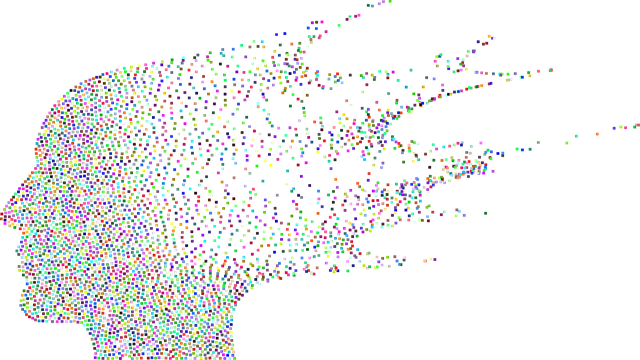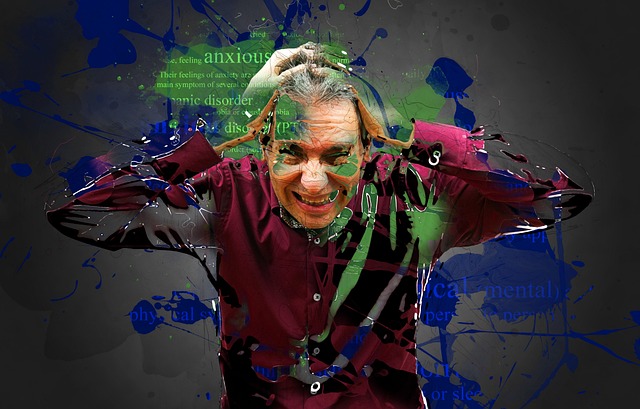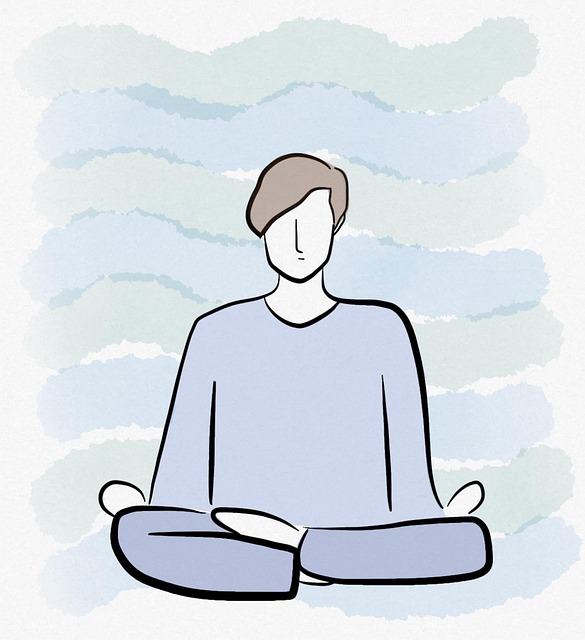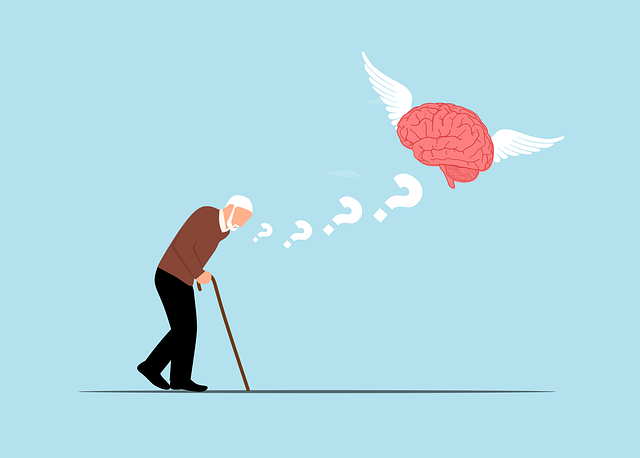Mental wellness group facilitation for Centennial Relationship Issues Therapy (CRIT) creates supportive communities where individuals with shared struggles connect, heal, and grow together. Facilitators encourage open communication, promote positive thinking, and integrate techniques to boost confidence and social skills. CRIT emphasizes effective communication in safe, non-judgmental spaces, using strategies like active listening and empathy building to understand individual experiences deeply. This holistic approach addresses relationship challenges directly, enhancing mental wellness and resolving Centennial Relationship Issues.
Mental wellness group facilitation plays a pivotal role in fostering collective support and enhancing individual well-being. This article explores proven techniques for facilitating groups, focusing on creating a safe, supportive environment where members can openly discuss challenges, especially within the context of Centennial Relationship Issues Therapy. We’ll delve into strategies for effective communication, active listening, and structured interventions to help facilitators navigate complex dynamics, encourage participation, and promote positive outcomes in group settings.
- Understanding Mental Wellness Group Facilitation
- Building a Supportive Environment
- Effective Communication and Intervention Strategies in Centennial Relationship Issues Therapy
Understanding Mental Wellness Group Facilitation

Mental wellness group facilitation is a specialized skill that goes beyond traditional therapy. It involves creating and nurturing a supportive environment where individuals with shared struggles can connect, heal, and grow together. Facilitators play a pivotal role in fostering meaningful interactions, encouraging open communication, and promoting positive thinking within the group dynamic. This approach not only enhances individual mental wellness but also cultivates lasting relationships among peers, mirroring the power of community in addressing and overcoming challenges like relationship issues and social anxiety.
Centennial Relationship Issues Therapy benefits immensely from this collaborative approach. By integrating techniques that boost confidence and facilitate social skills training, facilitators empower group members to navigate interpersonal dynamics with newfound poise and clarity. Through shared experiences and collective support, participants learn to reframe negative thought patterns into more adaptive and optimistic perspectives. This holistic process underscores the importance of community in mental wellness journeys, ensuring individuals feel seen, heard, and supported on their path to personal growth and healing.
Building a Supportive Environment

Creating a safe and supportive environment is paramount when facilitating mental wellness groups, especially when addressing sensitive topics like Centennial Relationship Issues Therapy. This involves fostering an atmosphere where every participant feels heard, respected, and understood. As a facilitator, it’s crucial to establish clear boundaries, ensuring privacy and confidentiality, which encourages members to share openly without fear of judgment.
Using techniques from Burnout Prevention Strategies for Healthcare Providers, such as promoting active listening and empathy, can help build compassion within the group. Encouraging self-reflection through activities or discussions on Self-Esteem Improvement allows individuals to explore their thoughts and emotions in a safe space. Additionally, incorporating Compassion Cultivation Practices may aid in fostering connections between members, enhancing the overall therapeutic experience.
Effective Communication and Intervention Strategies in Centennial Relationship Issues Therapy

Effective communication is a cornerstone of Centennial Relationship Issues Therapy (CRIT). Facilitators must cultivate an open and non-judgmental space where clients feel safe to express their thoughts and emotions. Active listening, reflective listening, and open-ended questions are powerful tools that enable facilitators to understand the nuances of each individual’s experience. Empathy building strategies play a vital role in fostering trust and strengthening connections between participants. By demonstrating genuine concern and understanding, facilitators can create an environment conducive to healing and growth.
CRIT also leverages intervention strategies tailored to address specific relationship challenges. These may include techniques for improving communication patterns, conflict resolution skills, and emotional regulation strategies. Mental health education programs designed around CRIT principles equip individuals with valuable insights into their behaviors and those of their partners. Encouraging positive thinking and promoting healthy coping mechanisms are integral parts of this process. Through a combination of effective communication, empathy building, and targeted interventions, CRIT offers a holistic approach to resolving Centennial Relationship Issues, ultimately enhancing participants’ mental wellness.
Mental wellness group facilitation is a powerful tool, as evidenced by successful implementations in Centennial Relationship Issues Therapy. By fostering a supportive environment through effective communication and tailored intervention strategies, facilitators can greatly enhance participants’ mental health journeys. This approach not only promotes individual healing but also creates a sense of community, offering invaluable support to those navigating challenging relationship issues. Embracing these techniques ensures that group therapy sessions become dynamic spaces where every individual feels heard, respected, and empowered towards personal growth.














